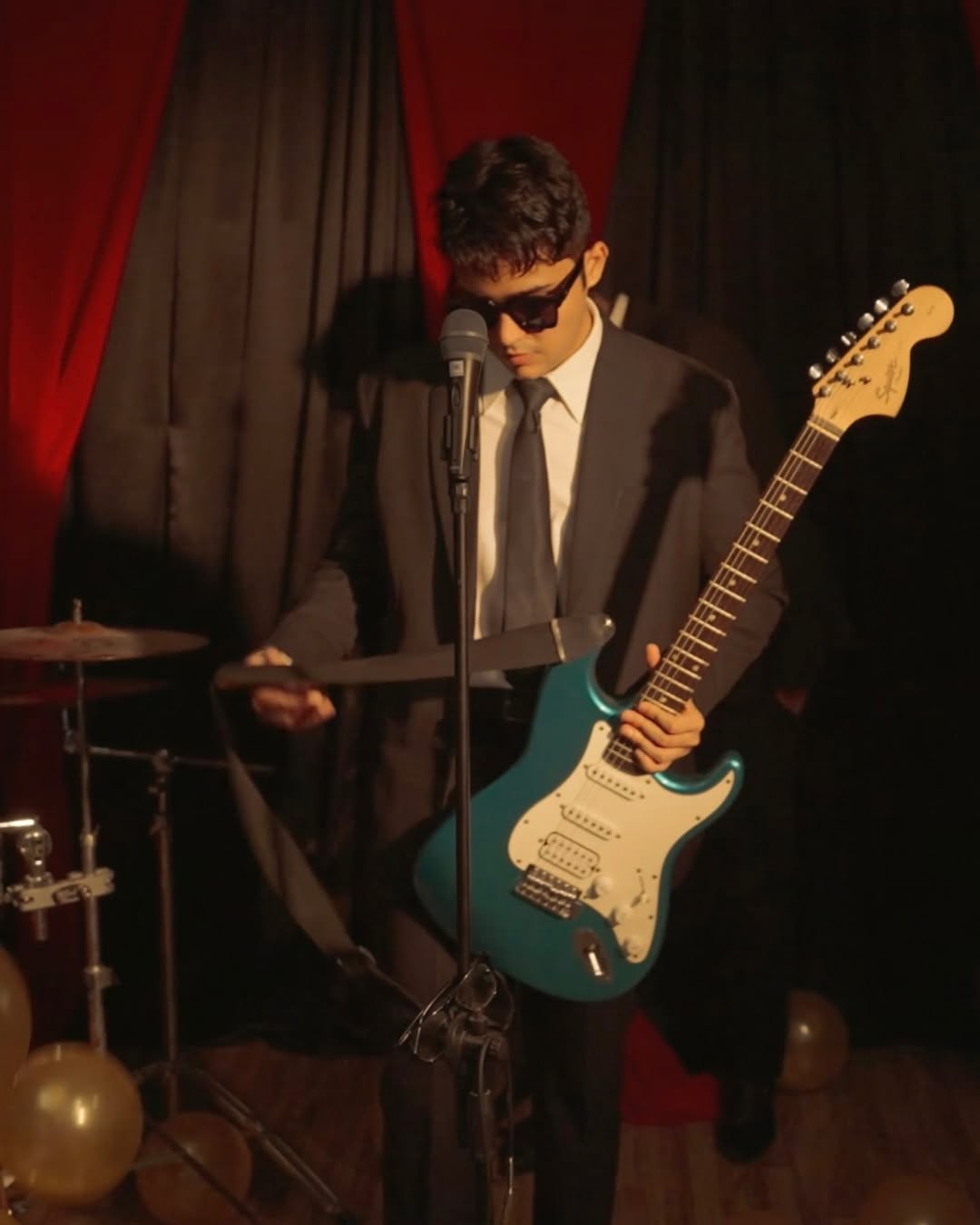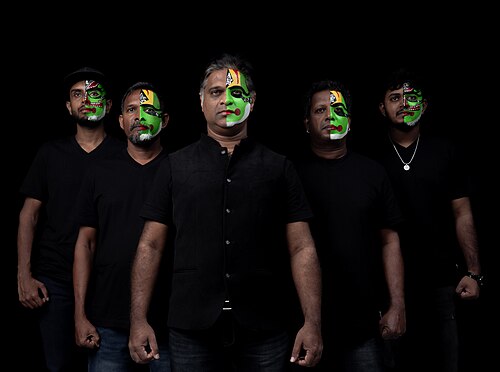The Legend of Sinéad O'Connor

Sinéad O'Connor was an Irish singer-songwriter who rose to fame in the late 1980s and became one of the most iconic and influential artists of her generation.
It all began when she was singing a cover of Barbara Streisand’s “Evergreen” at a wedding when she was just 15. Her cover was noticed by Paul Bryce, drummer of In Tua Nua (best known as U2’s disciples).
This resulted in Connor collaborating with the band on the song “Take My Hand” (1985). The song’s success prompted her to leave school and pursue a music career.
She began performing in coffeehouses and studying voice and piano at the Dublin College of Music while supporting herself by delivering singing telegrams.
She finally got her first big break when she signed with Ensign Records and recorded for the film "Captive" (1986) with U2 guitarist The Edge.
Connor also produced her debut album, "The Lion and the Cobra" (1987), featuring the popular singles “Mandinka” and “Troy.”
The album reached gold status on the Billboard while also earning her a Grammy for best female rock performance.
It was her next album, however, that truly showcased how Sinéad O'Connor blended her voice seamlessly in a variety of styles.
The orchestral grandeur of “Feel so Different,” the minimal almost drum 'n' bass-like sound on “I am a Stretch on your Grave,” alternative rock in “The Emperor’s New Clothes,” and the lead single “Nothing Compares 2 U,” a riveting, emotional ballad originally written and composed by Prince himself, are just some examples of Connor’s versatility.
Needless to say, "I Do Not Want What I Haven't Got" (1991) was a resounding success and cemented Connor’s position as a pop superstar.
Connor was a staunch social activist as well; she used her fame as a platform to talk about issues like racism, abortion rights, and LGBTQ+, which are still relevant to this day.
On July 26, 2023, Sinéad O'Connor tragically passed away, leaving behind a legacy that will never be forgotten.
Also read: Not Recommended Music! Bands Banned in the USSR
Yoko Kanno: The Greatest Yet The Most Underrated Composer Ever




Comments